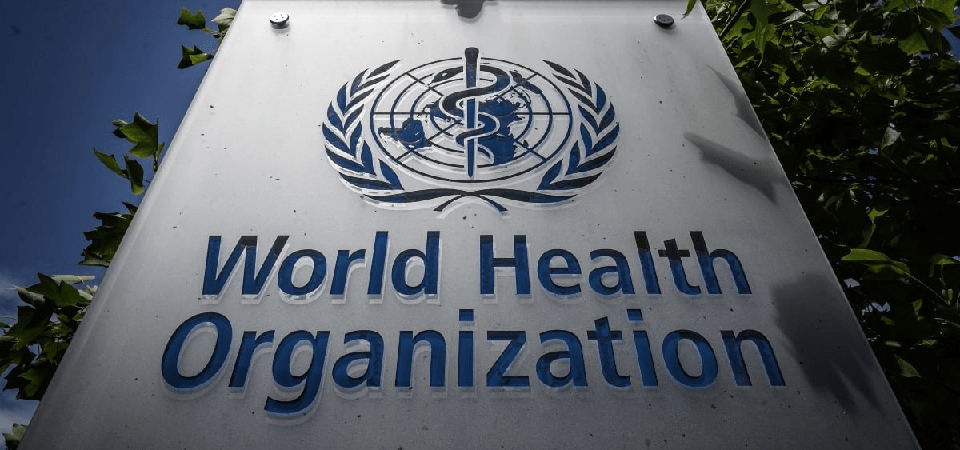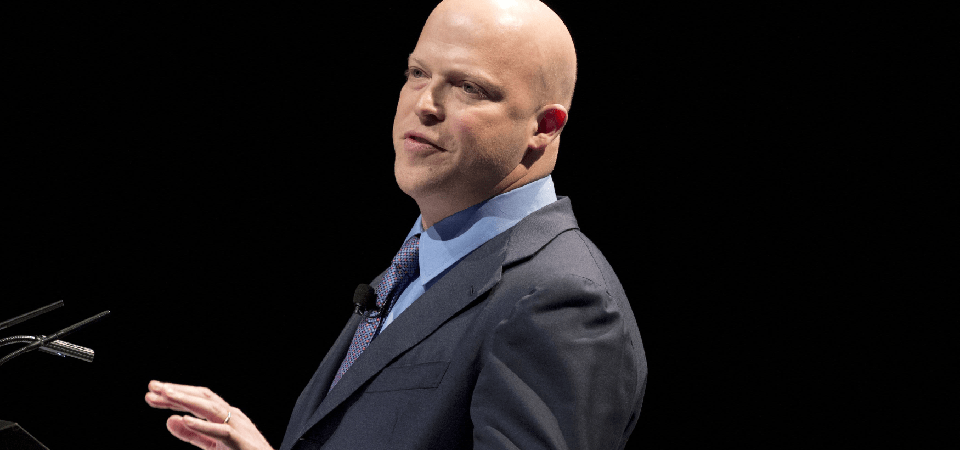World Health Organization Says Normalization of Gambling a Detriment to Global Wellness
The World Health Organization (WHO) is demanding a revamp of the worldwide gaming sector due to worries that the acceptance of sports betting and various casino games poses a risk to public health.
The WHO, a specialized agency of the United Nations focusing on enhancing global public health, released its newest fact sheet on gambling this week. The report indicates that issues related to gambling are increasing and inflicting greater damage than ever.
The WHO estimates that 1.2% of the adult population globally suffers from a gambling disorder. For each individual affected, approximately six additional people (typically non-gamblers) are impacted. The figure is greater within kinship-based cultures such as Indigenous populations.
The global health organization states that individuals with gambling issues are 15 times more likely to commit suicide compared to the overall population. Gaming disorders can result in food insecurity, housing issues, and challenges in affording and accessing healthcare.
Rising Challenges
WHO researchers indicate that the rise of sports betting, particularly in the United States, has normalized gambling and brought tens of millions of new users into the market. The internet has made it possible to gamble nearly anywhere and anytime, even in locations where gambling and/or online betting is not allowed.
The organization claims that standards for responsible gaming have mostly been ineffective.
"There is often little transparency about the way many gambling products function. Electronic gaming machines can mislead users with design features that encourage extended use. Alongside strong regulation of gambling products and their availability, clear warning messages about harms associated with use are likely to be more effective than messages suggestions to simply stop when gambling is no longer fun, for instance,” the fact sheet read.
The WHO expressed particular concern regarding the increase in online gambling.
“There is no global agreement for the regulation of online gambling. Unlicensed providers regularly offer unregulated gambling products, and there is an urgent need for the regulation of online gambling,” the organization continued.
The WHO is also urging legislators to prohibit all advertisements, promotions, and sponsorships related to gambling. The agency advocates for universal loss limits, maximum wagers, and mandatory pauses during gambling sessions.
The WHO indicates that a thorough investigation into the political actions of the gaming industry and its impact on research concerning gambling harm is justified.
In October, the American Gaming Association (AGA), representing the US commercial and tribal gaming sectors, stated after an international study highlighted that ongoing gambling expansion significantly threatens public health, that the industry has invested in promoting responsible gaming, enhancing consumer resources, and advocating for “safer gambling.” AGA Strategic Communications Senior Vice President Joe Maloney stated that the lobbying organization “strongly backs the continuation of talks and the implementation of best practices.”
Minimizing Stigmas
The WHO found that problem gambling, in contrast to several other addictions and mental health conditions, has a significantly low treatment engagement rate. The group believes that less than 1% of individuals with a gambling disorder pursue professional assistance.
"Stigma and shame often prevent people from seeking help. The preferred regulatory approach of the gambling industry — so-called responsible gambling — adds to this burden by effectively blaming those who experience harm,” WHO detailed.
The WHO ended by announcing its intention to organize a team of international specialists to tackle the public health issues stemming from gambling. The aim will be to decrease stigma and shame associated with gambling disorders, strive to eliminate advertising and promotion of gambling, and create methods to reduce problem gambling rates, particularly in low- and middle-income nations.








